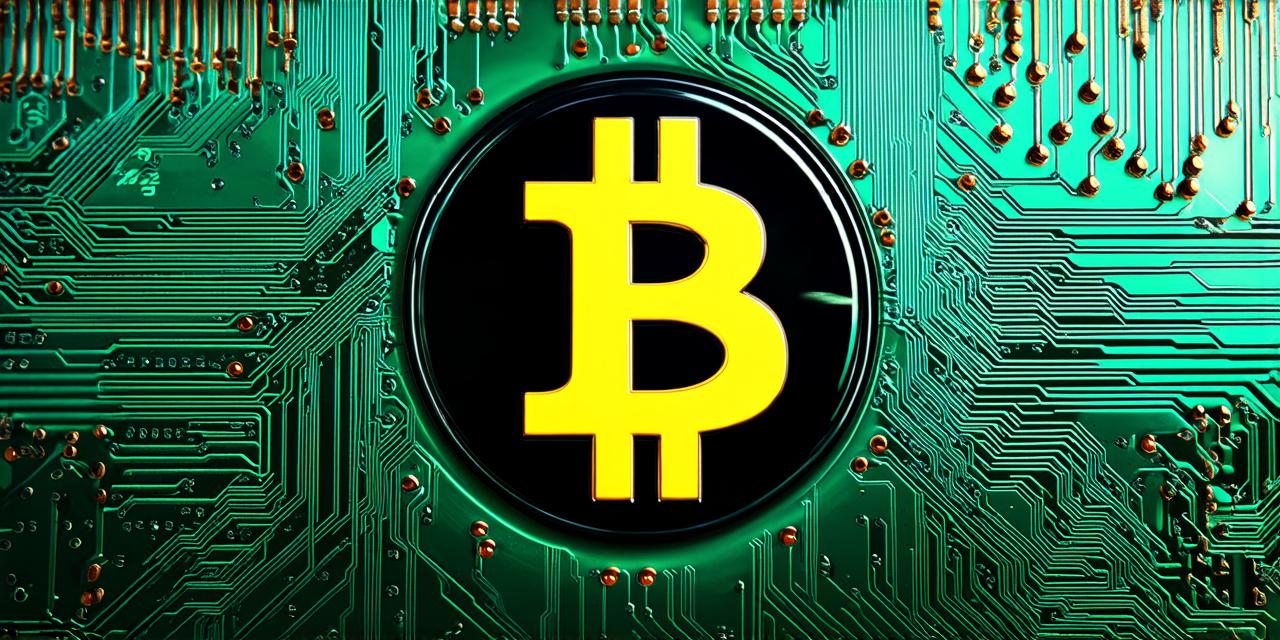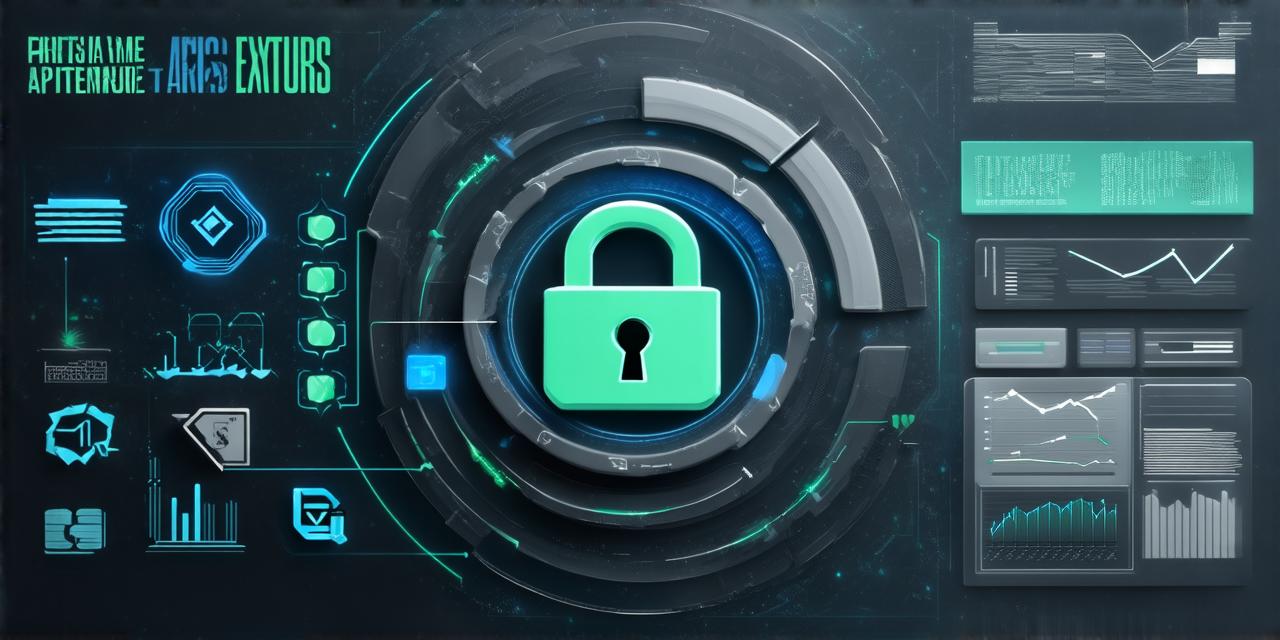Blockchain technology is transforming various industries, including finance, healthcare, and supply chain management. With its decentralized and secure nature, blockchain promises to revolutionize the way transactions are processed and verified. However, despite its potential, blockchain transactions often fail to confirm, leaving users frustrated and confused.
Understanding Blockchain Transactions
Before we explore the reasons why your transactions are not confirming, it’s essential to understand what blockchain transactions entail. A blockchain transaction is a transfer of digital assets from one account to another on a public ledger called a blockchain. The transaction is verified and processed by network nodes or miners, who validate the transaction against predetermined rules and add it to the blockchain.
The Confirmation Process: A Hurdle for Blockchain Transactions
Despite its promise of speed and efficiency, the confirmation process can be a significant hurdle for blockchain transactions. Several factors can contribute to this delay, including network congestion, insufficient gas fees, or errors in the transaction details.
Network Congestion:
One of the most common reasons why blockchain transactions fail to confirm is due to network congestion. When there are a high volume of transactions being processed on a network, it can become overloaded, causing delays in the confirmation process. This issue becomes more prevalent during peak usage periods such as weekends or holidays when users are more likely to engage in transactions.
Insufficient Gas Fees:
Another reason for delayed or failed transactions is insufficient gas fees. Gas fees are the cost paid to miners for processing a transaction on the blockchain. If the gas fee is not set appropriately, miners may prioritize other transactions over yours, leading to delays or failure of your transaction. It’s important to ensure that you have set an adequate gas fee when sending a transaction to increase its chances of being confirmed promptly.
Errors in Transaction Details:
Mistakes in the transaction details can also contribute to failed blockchain transactions. Incorrect sender or recipient addresses, incorrect amounts or currencies, and typos or inconsistent capitalization can all cause transactions to fail. It’s crucial to double-check all transaction details before sending them on the blockchain to avoid any errors.
The Role of Miners in Confirmation Process:

Miners play a critical role in the confirmation process of blockchain transactions. They validate transactions against predetermined rules and add them to the blockchain. However, miners are not obligated to include all transactions in their block, as they have the discretion to prioritize certain transactions over others based on gas fees and other factors.
Case Study: A Blockchain Developer’s Experience with Failed Transactions
Let’s look at a real-life example of a blockchain developer who faced challenges with failed transactions. Sarah is a software engineer working on a blockchain-based platform that enables users to send and receive digital assets. However, she often faces issues where her transactions fail to confirm despite setting an adequate gas fee.
Sarah’s first approach was to increase the gas fee for her transactions, hoping that it would prioritize them in the confirmation process. However, this didn’t work, as miners still chose to include other transactions with higher gas fees. Sarah then researched the issue and discovered that the blockchain network she was working on had a high volume of transactions during peak usage periods.
To solve the problem, Sarah implemented a solution that allowed her platform to send transactions in batches during off-peak hours when the network was less congested. This way, her transactions were processed more efficiently, and users didn’t have to wait for their funds to be confirmed.
Solutions to Resolve Failed Blockchain Transactions
Now that we’ve discussed some of the reasons behind failed blockchain transactions let’s explore potential solutions to resolve this issue.
1. Increase Gas Fees:
As we mentioned earlier, increasing the gas fee can help prioritize your transaction in the confirmation process. However, it’s important to note that this is not always a guaranteed solution, as miners have discretion over which transactions to include in their blocks.
2. Use a Different Network:
If you’re facing network congestion issues on your current blockchain network, consider using a different one that has lower volume during peak usage periods. Alternatively, you can use layer-two scaling solutions such as sidechains or payment channels to improve transaction speed and reduce congestion on the main blockchain.
3. Verify Transaction Details:
Ensure that you have double-checked all transaction details before sending them on the blockchain. Mistakes such as incorrect sender or recipient addresses, currencies, and typos can cause transactions to fail.
4. Use Smart Contracts:
Smart contracts are self-executing programs that automate the execution of transactions based on predetermined rules. By implementing smart contracts, you can reduce the risk of errors in transaction details and ensure that transactions are processed correctly and promptly.
5. Wait for Off-Peak Hours:
If network congestion is a significant issue on your blockchain network, consider sending transactions during off-peak hours when the network has lower volume. This can help improve transaction speed and reduce



